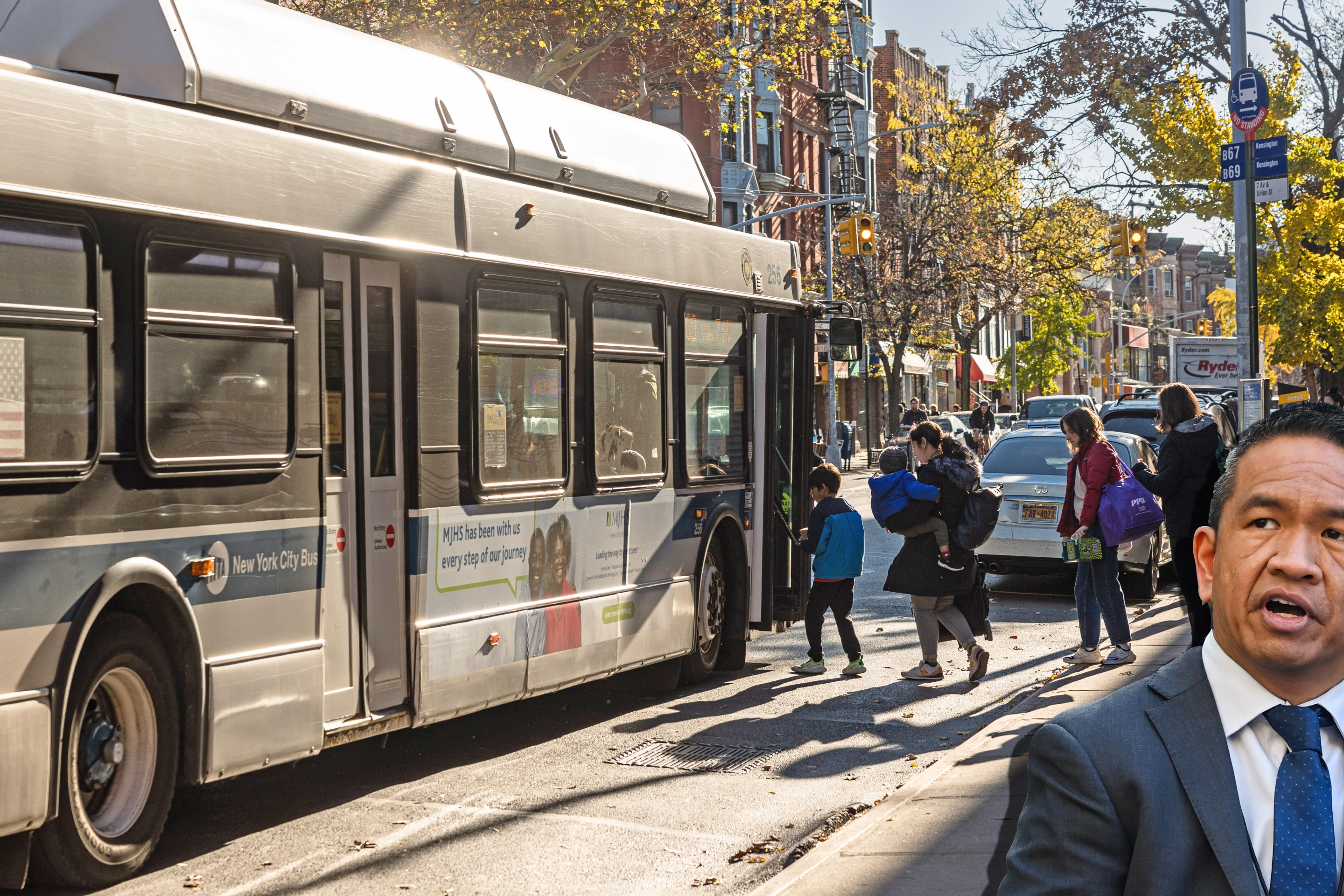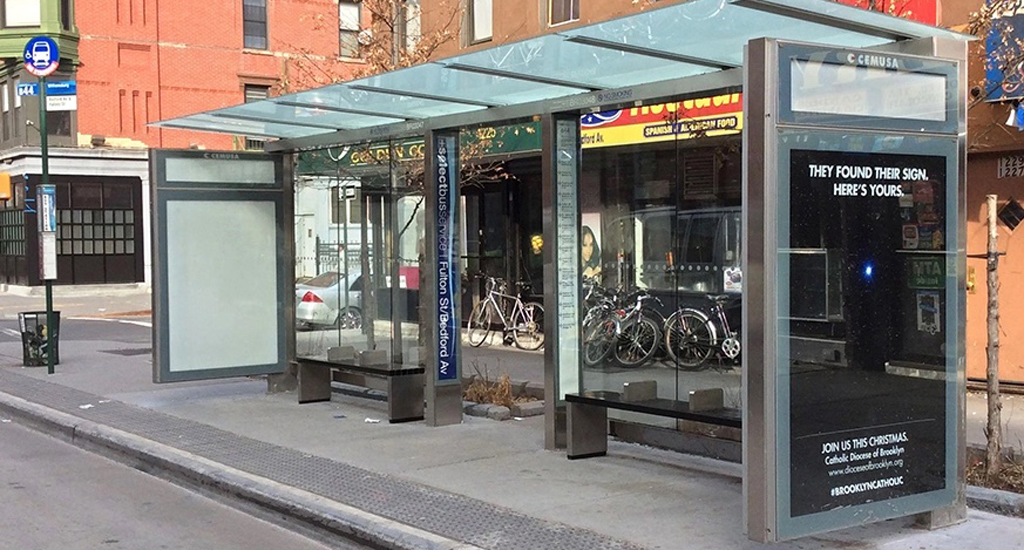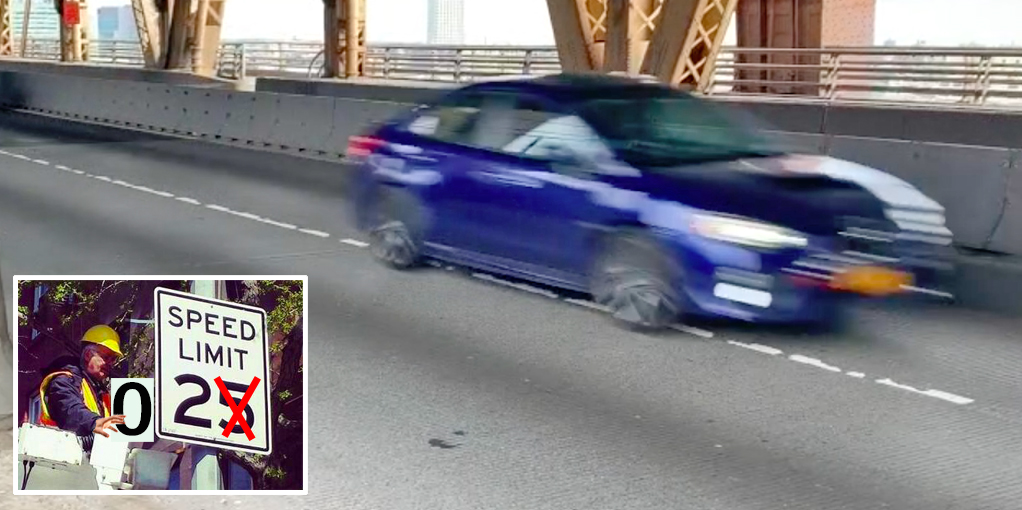How much should passengers pay for mass transit? What with the financial woes of transit systems around the country, it's been a hot topic. Today on the Streetsblog Network, we're looking at the question from a couple of different angles.
First, Yonah Freemark of The Transport Politic looks at the role of mass transit in promoting social equity, comparing policies in three US cities (Chicago, Washington and New York) and two European cities (Paris and London):
[W]hile these three U.S. transit systems provide advantageous fares to children, the elderly, and the disabled, they largely ignore the needs of impoverished adults. On the other hand, London and Paris provide generous discounts for university students, people in poverty, and the
unemployed. In addition, London provides free passes for veterans and their dependents, while Paris offers relief for families with large numbers of children. In both cities’ cases, significant subsidies are provided to the transit operators by local and national governments to make up for lost revenue as a result of these discounts.
It would be difficult to argue that transportation should be reserved for only those who can afford it, and therefore fare schemes that incorporate the needs of the poorest are necessary. Not only
should we be pushing vigorously for more transit, but we should be asking for cheaper transit, at least for those without good-paying jobs.…
In this time of mass unemployment and reduced incomes all around, we must work to reduce fares for people who cannot always afford the mobility options transit offers.
Of course, social-equity arguments aren't known for their political success in the United States.
Which is why, in an e-mail to the network, member Peter Smith -- erstwhile keeper of the SF Bike Blog -- has asked for help in making the case for funding transit to his new neighbors in Georgia:
[I] want to figure out a solid economic argument for mass transit -- a solid economic argument against car sprawl -- an argument that actually has rhetorical impact, can be stated in less than 500 words, uses plain speech, avoids any extraneous explanations about property taxes and federal and state excise taxes, drops in sales taxes, etc. To me, the 'economic development' arguments are dubious, for a number of reasons, but if that's the only way we can justify our transit plans in numbers, then I guess I'll have to use them. My hunch, though, is that we can stick to just simple capital and operating/maintenance costs in a straight comparison -- roads vs. transit.
Can anyone help him out? And no, he's probably not thinking along the lines of "that's what they do in France."





